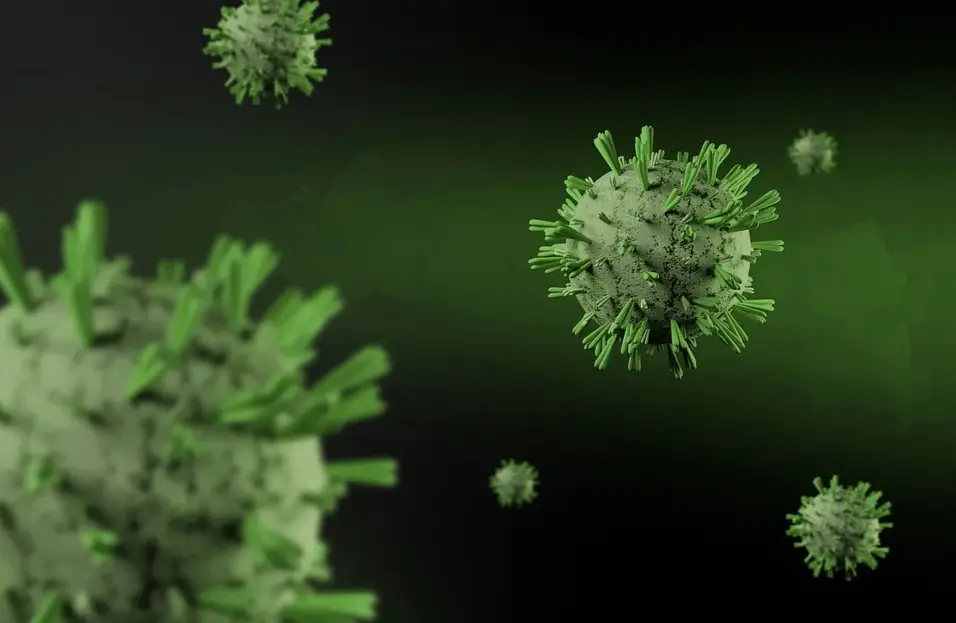
As Poslovni Dnevnik writes on the 27th of June, 2020, in the last 24 hours, 56 new cases of coronavirus infection were recorded. So far, a total of 2539 people have tested positive for the new coronavirus. 2,150 people have now recovered from the disease. 107 people have sadly died. Another 282 people are still being treated. As the situation rears its ugly head, Alemka Markotic has found herself in the public spotlight once again.
Alemka Markotic, the director of the ”Fran Mihaljevic” Clinic for Infectious Diseases, spoke with an RTL journalist on the matter.
Due to the increase in the number of new cases, the question arises as to whether or not we really have control over the virus, are we still successful in fighting it?
I think we’re keeping things under control, there have been more situations like this up until this point. Especially these two hotspots that have emerged, I think it’s good that they’ve been identified quickly, that epidemiologists have taken all the measures they need to take that they will very quickly identify all the contacts that have been exposed [to infected individuals].
The profession struggles to come to a consensus. Some scientists say the virus has weakened, others say it hasn’t, and these conflicting opinions are being sent out to citizens. Has the virus weakened?
It isn’t a matter of coming to a consensus, but of monitoring the situation. Here, the profession and science should remain at the level of the profession and science. When we define some things, then it should be gradually communicated to the public. What’s currently clear in Croatia and in some other countries is that it is currently visible that these are milder forms of the disease, but also that most of those cases relate to younger people.
Therefore, some situations we’re monitoring now indicate that the situation is currently better than it was at the time when we had more severe forms of the disease with the same number of patients, but this isn’t something we need to hold on to. What is important is what the public needs to know, and that is that these three golden rules should be followed – distance, hygiene, avoiding close contact – and then within that we can stop everything as well as we have so far. We had a great result for almost a month, and even before that we kept everything under very good control.
Close contact should be avoided. Let’s repeat once again, what exactly is close contact?
According to the definition of the European Centre for Disease Control, which was adopted by Croatia, close contact means if you have been with an infected person for more than fifteen minutes face to face at a distance of less than two metres or if you’ve been indoors with an infected person for more than fifteen minutes, of course, if you’re not wearing protective gear or the like. So, it’s a very simple definition, and these are methods that are easy to stick to. We’ve seen that our people have adhered to things very well, I see that they are returning to taking that responsibility upon themselves and that a lot of people are trying harder to maintain these measures because they’ve been really successful so far, they are important and they are simple [measures].
You mentioned that more young people were infected, that the coronavirus hotspots became clubs, and you introduced new measures. What measures are in question?
Rules within such clubs must be followed. Some shut down on their own in an attempt to try to solve the problem. In all areas, be it clubs, or in other enclosed spaces, a certain distance must be kept, there should be disinfection, in some restaurants and similar places staff should be wearing gloves and providing disinfectants, therefore, the same measures that we constantly promote and that really meet the needs of preventing the spread of viruses need to be upheld. People have to assess the situation for themselves, be responsible, don’t go inside places where people don’t seem to be adhering to the measures as in such cases they can endanger themselves and others. If you see it’s crowded somewhere – you won’t go in there, you won’t endanger yourself, and then you won’t end up infecting people you know.
One of the decisions that provoked great reactions from the public, especially foreign citizens, is that the citizens of Bosnia and Herzegovina, Serbia, Kosovo and Northern Macedonia must necessarily isolate themselves upon arrival in Croatia. Will that decision change?
I understand all this, there are a lot of dynamics and exchanges of people and goods between those countries and Croatia, it’s normal that this disturbs the lives of some. These are all short-term measures, they’ve been made in the same spirit as the other measures we’ve been bringing in and relaxing in light of situations at the time. This was, I hope, a short-term measure that should stop this situation, given that it was detected that the largest number of hotspots and infected people were associated with people from Croatia who were in Serbia and Bosnia and Herzegovina. The situation will be monitored further. If it’s seen that the responsibility of the population has increased, that measures have been adhered to, these restrictions will be lifted or imposed on some other countries, if such a situation recurs.
For more on coronavirus and Alemka Markotic, follow our dedicated section.









